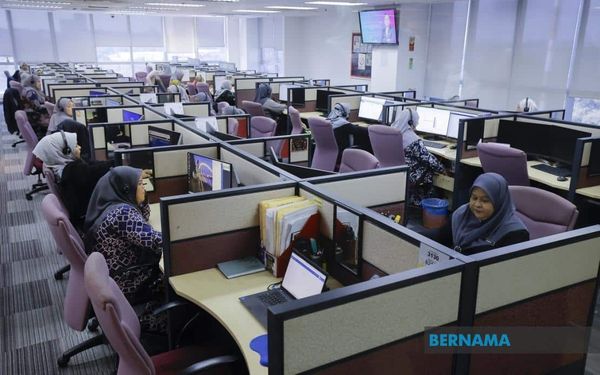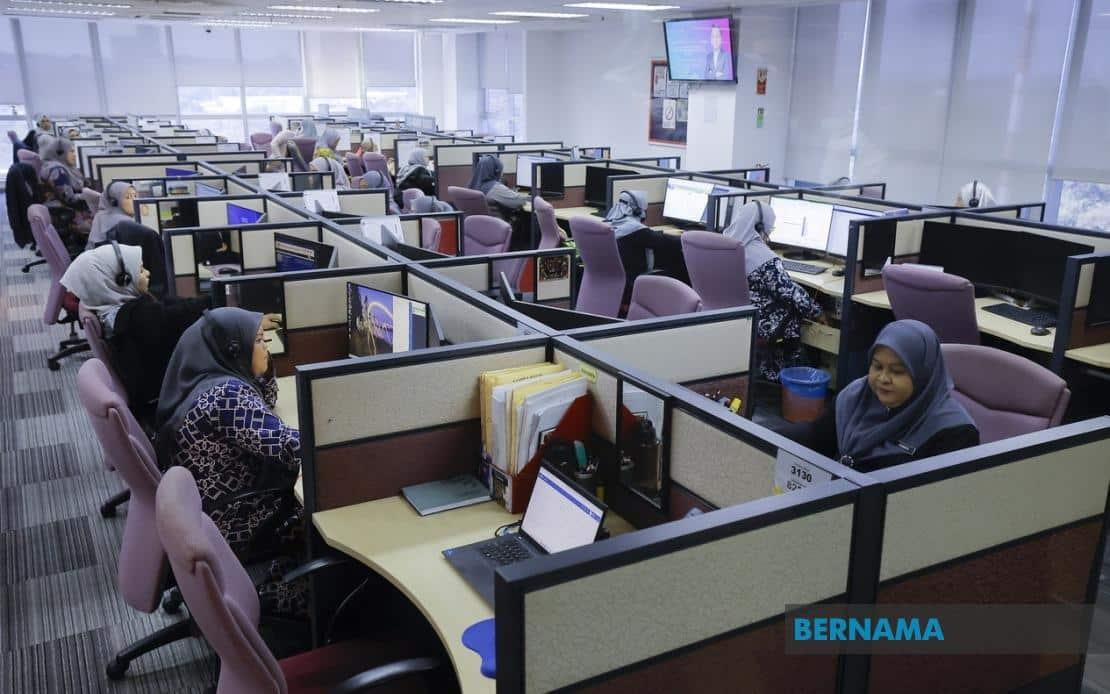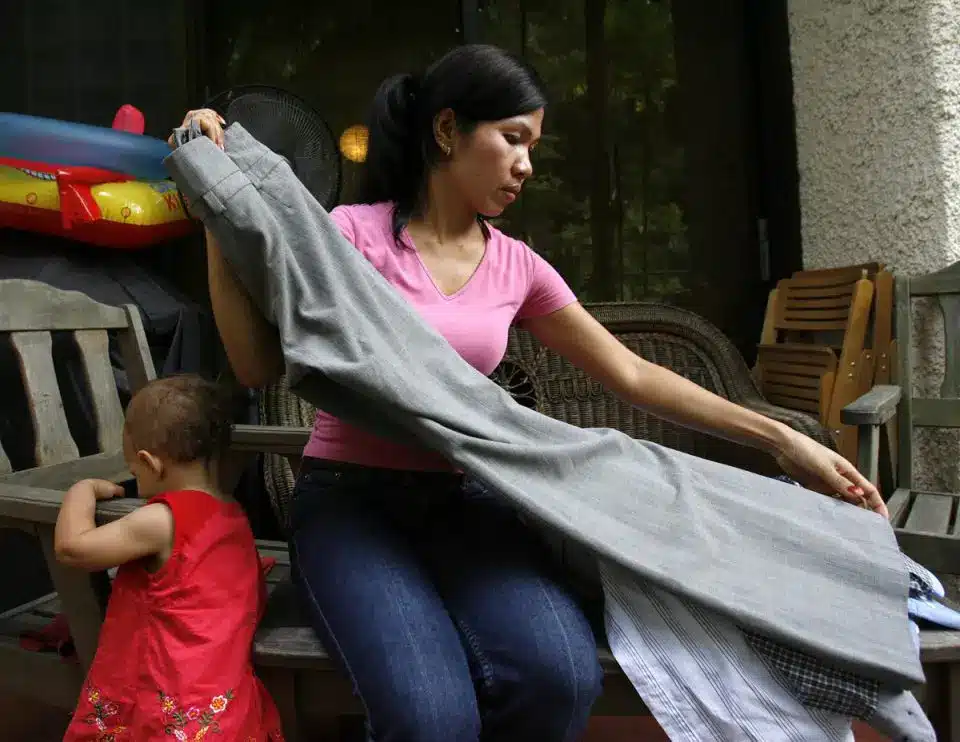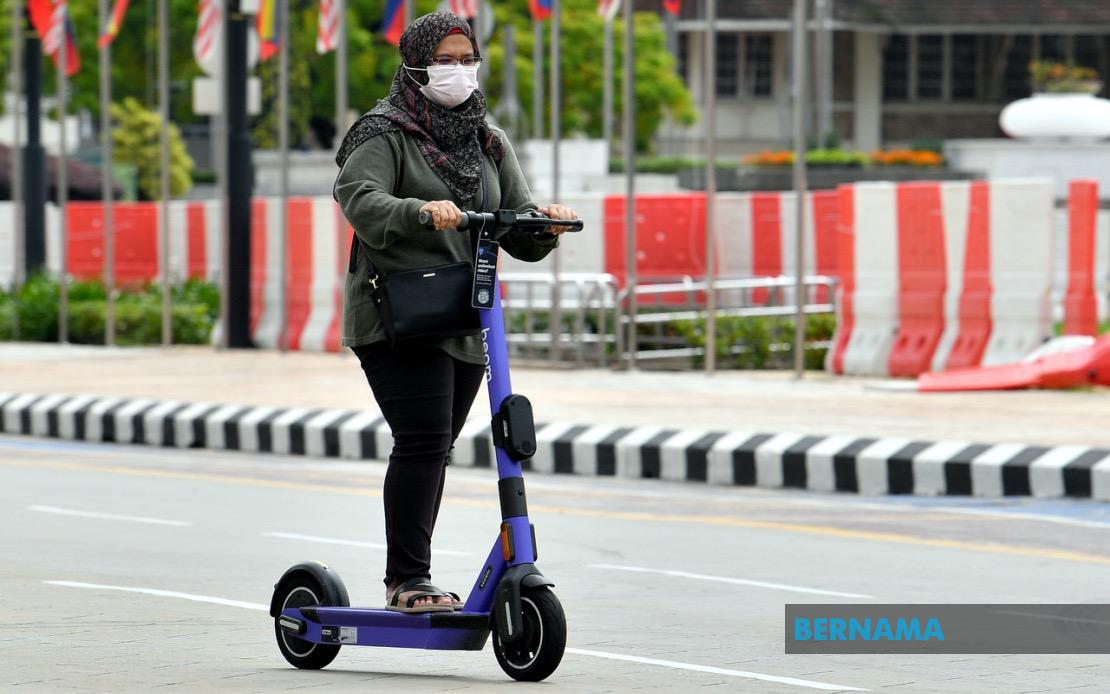SHAH ALAM, Sept 4 — While maternity leave and childcare are often cited as reasons women are seen as “expensive” to hire, the Malaysian Employers Federation (MEF) argues that the real cost to businesses is losing skilled women in their 30s, when their experience and leadership potential peak.
Responding to a recent World Bank survey on inclusive employment practices, MEF president Datuk Syed Hussain Syed Husman said retaining women in the workforce is far more valuable to companies than avoiding costs linked to family-friendly policies.
He said maternity leave and childcare provisions, among others, should be viewed as responsible business practices and environmental, social, and corporate governance (ESG) commitments that ultimately enhance employer branding.
Companies that adopt family-friendly policies are also better positioned to attract top talent, both male and female, who value inclusive workplaces, he noted.
“The perception that employing women is more expensive because of maternity leave, childcare facilities, and flexible work arrangements (FWAs) is fundamentally flawed and shortsighted.
“These costs should not be seen as a burden, but as strategic investments in a diverse, skilled, and sustainable workforce,” Syed Hussain told Media Selangor.
According to a World Bank survey, although 60 per cent of firms agree hiring women improves productivity, innovation, decision-making, and customer engagement, many consider it costly due to requirements such as nursing rooms, childcare, and maternity-related compliance.
Hussain said while some employers, especially smaller firms, still perceive women hires as “expensive”, this mindset is economically unfounded and detrimental to business growth as it deters firms from tapping into half of the nation’s talent pool and worsens Malaysia’s skills shortages.
“Homogeneous teams limit creativity, problem-solving and adaptability, all of which are critical in today’s fast-changing business environment.”
Syed Hussain said the finding that most women hired are aged 21 to 30, and that many exit the workforce in their 30s and do not return, leads to significant loss of institutional knowledge, client relationships, and technical expertise, all of which are costlier to replace than introducing maternity benefits or FWAs.
He said from a business perspective, losing mid-career women also disrupts succession planning, reduces the pool of future leaders, and slows innovation, while driving up competition and hiring costs in sectors already short on skills.
“When they exit, companies lose not only the individual’s contributions but also the accumulated knowhow and continuity that are costly and time-consuming to replace.”
Retaining female employees
The World Bank survey also found women remain underrepresented in Malaysia’s workforce, making up just 47 per cent of employees across firms, with lower representation in construction, agriculture, and manufacturing, as well as in high- and mid-level positions, especially within large companies in the eastern and central regions.
It suggested drawing up policies to build a more inclusive workforce, but said they should not target only women, to avoid stigmatisation and ensure that hiring women is not perceived as a higher-cost decision.
Syed Hussain said policies should focus on keeping women in the workforce throughout their careers.
“Many employers struggle to retain women in their 30s, especially working mothers, as this stage of life often coincides with peak family responsibilities, including childcare, eldercare, and schooling needs.
“The challenge is compounded by workplace cultures and policies that still operate on a one-size-fits-all model, with rigid schedules, unpredictable workloads, and limited career support.
“When the cost and stress of balancing both roles become unsustainable, women are more likely to exit the workforce; not because of lack of ambition, but due to insufficient structural support.”
Syed Hussain said treating gender diversity as a cost ignores measurable returns such as higher employee engagement, stronger brand reputation, and access to skilled labour.
He added that the MEF has outlined practical and cost-effective measures that employers can adopt, including FWAs such as hybrid work, compressed weeks, and structured rosters to support work-life balance without hurting productivity.
The MEF also recommends career continuity programmes like phased re-entry, mentoring, and inclusion in succession planning to signal long-term prospects for women.
To ease costs, Syed Hussain said small and medium enterprises (SMEs) could pool resources for childcare centres or provide vouchers and negotiated childcare rates. Companies could also consider opting for low-cost solutions like lactation pods or repurposed office space.
“The barriers are real, but they are not insurmountable. Companies that approach flexibility as a strategic workforce investment, supported by tailored solutions, trained managers, and clear metrics, will be able to retain more women and improve overall productivity, morale, and talent competitiveness.”








